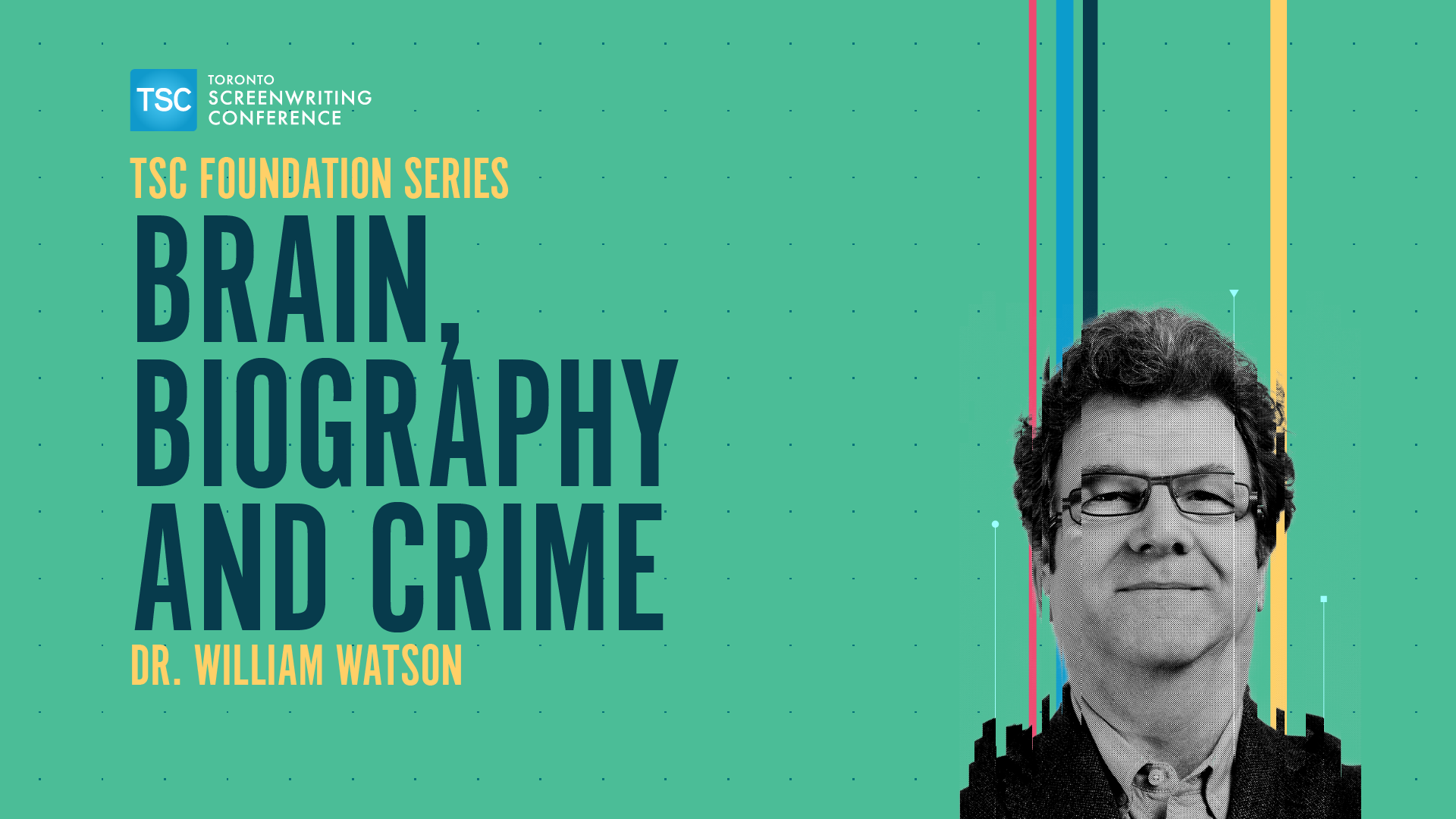
Brain, Biography and Crime
Speaker: Dr. William Watson
Date: Saturday, June 23
Time: 12:30pm – 1:30pm
Venue: Artscape Sandbox
Over the last quarter century, a controversial research program in neuroscience has developed which suggests some criminal activity is the product of neurological abnormalities. Aspects of this research program have had a significant impact on criminal justice practice, especially in extending prison and probation sentences for some individuals. Critics of this program insist criminal activity is better understood as the product of personal biography, including trauma, and the offender’s current social situation, along with the social and political forces which shape which people become defined as ‘criminals’ and which ‘crimes’ are targeted by criminal justice agencies. Despite the controversy, these diverse approaches are not entirely incompatible. For the purposes of screenwriting, they might all contribute to the understanding and depiction of criminal motivations.

Dr. William Watson
Professor, Department of Criminology, University of Toronto
Dr William Watson obtained a BSc in Sociology from the University of Leicester in 1987 and a PhD in Social and Political Sciences from the University of Cambridge in 1993. His doctoral research is a contribution to the sociology of architecture, focusing on the design of English secure psychiatric hospitals. He has taught in the Criminology, later Criminology and Sociolegal Studies, program at the University of Toronto since 1992. His research interests include forensic psychiatry, the history of psychiatry, psychopathy, theory and practice of corrections, and social and political theory. In addition, he has a research interests in Arts and Crafts architecture and traditional American music. Samples of his writing on these topics and recordings of original music can be found online at watsonsketches.com.
